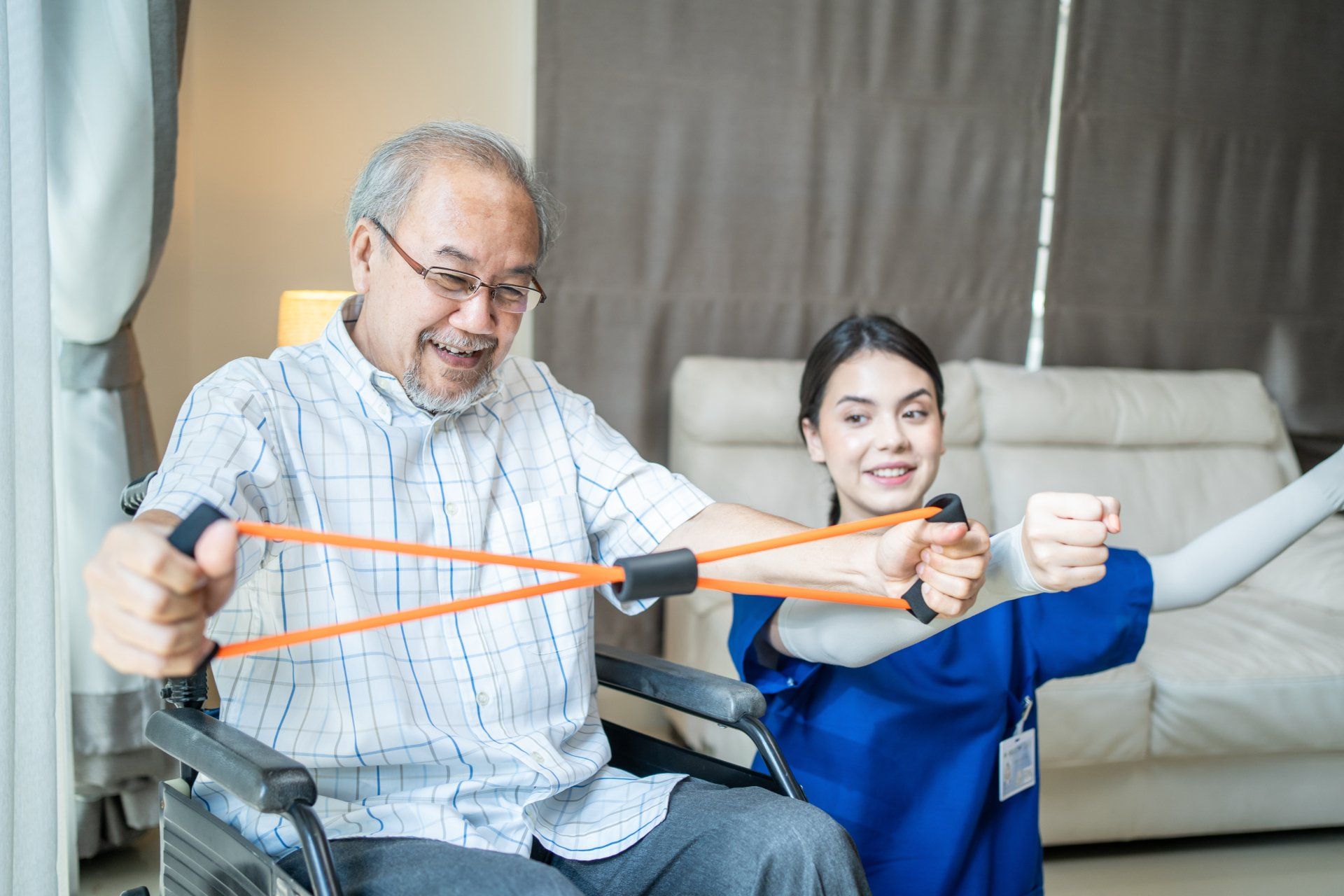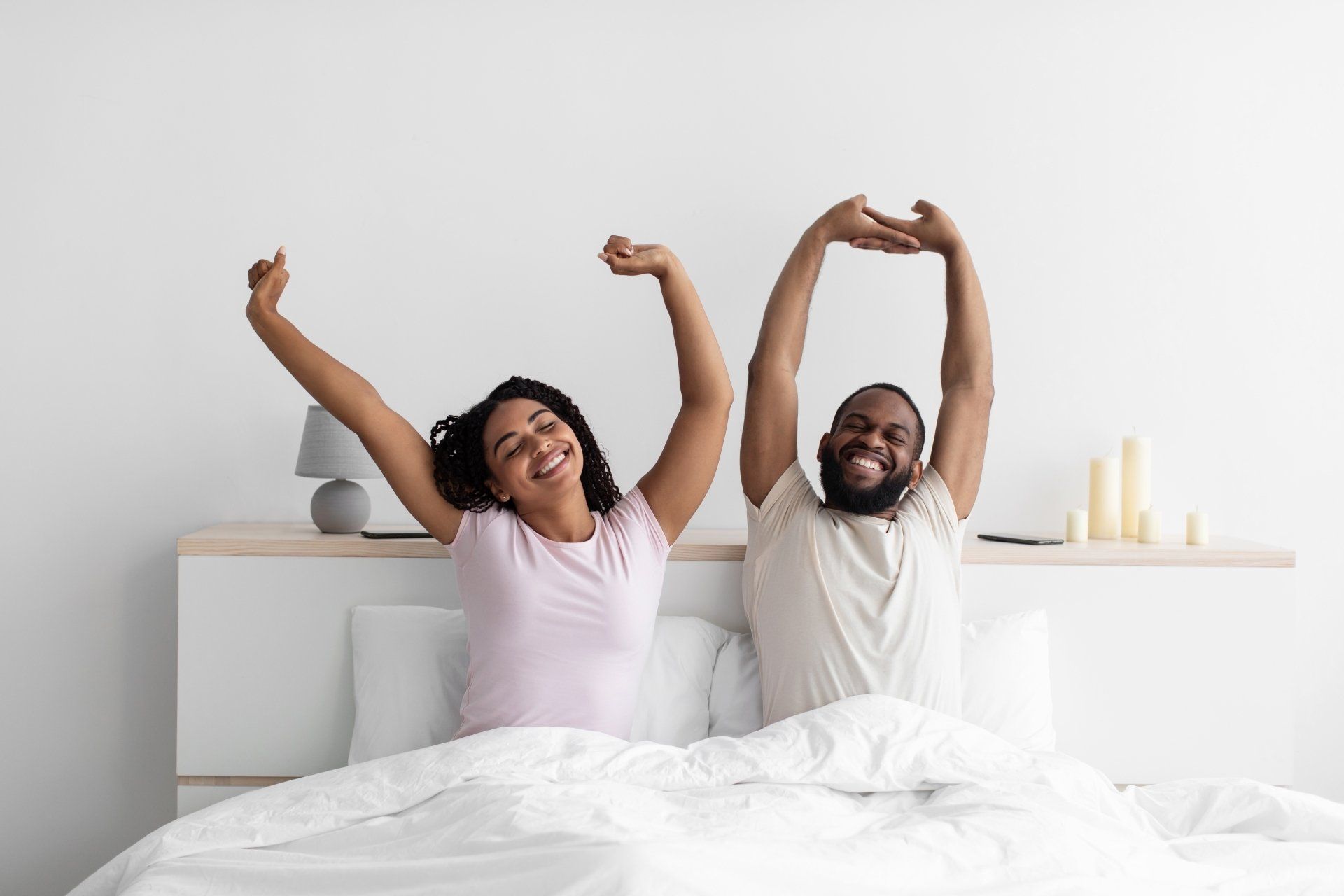How Does CBD Affect Exercise?

Inflammation Relief
Cannabinoids are well-documented for their inflammatory modulation effects. The United States government holds a patent on the antioxidant and neuroprotective effects related to these anti-inflammatory properties. Additionally, more and more research studies are coming out that show how CBD can modulate inflammation. (Gamelin, Cuvelier, Mendes, etc. 2020) Many of the therapeutic benefits that cannabinoids provide are often traced back to their anti-inflammatory effects. After all, inflammation is the underlying problem associated with many different debilitating diseases and conditions. Overexertion in athletics or exercise can certainly lead to inflamed joints and muscles, where anti-inflammatory agents, like cannabinoids, may be beneficial.
Pain Relief
A common issue that athletes deal with on a regular basis is pain – often in the form of sore muscles or joint pain. This ties back into the issue of inflammation. As joints or muscles are repeatedly stressed, they become inflamed, and this inflammation can directly cause pain. By reducing inflammation, it is possible to reduce pain.
Another source of pain that athletes frequently deal with is nerve pain, or neurological pain, sometimes caused by repeated injuries that damage nerves in the body. CBD’s pain-relieving qualities have been and are still being explored with promising results. CBD interacts with a number of chemical receptors that are involved in how the body senses pain, also known as nociception. (Costa, Trovato, Comelli, etc. 2007) Some of these receptors include serotonin receptors and TRPV1 receptors. (Mallet, Daulhac, Bonnefont, etc. 2008) (Project CBD. 2020) CBD also modulates neurotransmitters in the brain responsible for pain signaling. So, from multiple angles, CBD may be able to change the way the body senses pain, and to modulate the “volume” of those pain signals in the brain. (Pretzsch, C.M., Freyberg, Voinescu, etc. 2019)
Sleep and Wakefulness
Sleep may not be something that we pay much attention to when thinking about athletic performance, but it is highly relevant. Sleep impacts how our bodies function when we are awake. Additionally, someone’s level of alertness or wakefulness can have direct impacts on their athletic performance in the moment. (Fullagar, Skorski, Duffield, etc. 2015) CBD exhibits unique effects on wakefulness depending on dose. Low doses tend to be more stimulating, and higher doses tend to be more sedating. However, there is no dose amount that has been clearly identified as the “tipping point” that differentiates these effects, and it can be a unique response from person to person.
In general, if an athlete needs to get good rest before an event, higher doses of CBD may possibly help that effort. If an athlete needs to be more alert and less anxious during an event, it may be that a low dose of CBD could help.

Jason Wilson is a science educator and natural products researcher living in Southern Oregon. He is the author of Curious About Cannabis: A Scientific Introduction to a Controversial Plant and is the host of the Curious About Cannabis Podcast. Curious About Cannabis is a learning initiative by Natural Learning Enterprises, a mission-driven company dedicated to enhancing critical thinking skills and scientific literacy about the natural world.
Gamelin F-X, Cuvelier G, Mendes A, Aucouturier J, Berthoin S, Di Marzo V, Heyman E. 2020. Cannabidiol in sport: ergogenic or else? Pharmacological Research. 15: e104764.
Costa B, Trovato AE, Comelli F, Giagnoni G, Colleoni M. 2007. The non-psychoactive cannabis constituent cannabidiol is an orally effective therapeutic agent in rat chronic inflammatory and neuropathic pain. European Journal of Pharmacology. 556(1-3): 75-83.
Mallet C, Daulhac L, Bonnefont J, Ledent C, Etienne M, Chapuy E, Libert F, Eschalier A. 2008. Endocannabinoid and serotonergic systems are needed for acetaminopheninduced algesia. Pain. 139(1): 190-200 Project CBD. 2020. How CBD Works by Project CBD: https://www.projectcbd. org/science/how-cbd-works
Pretzsch, C.M., Freyberg, J., Voinescu, B. et al. 2019. Effects of cannabidiol on brain excitation and inhibition systems; a randomised placebo-controlled single dose trial during magnetic resonance spectroscopy in adults with and without autism spectrum disorder. Neuropsychopharmacol. 44, 1398–1405. https:// doi.org/10.1038/s41386-019-0333-8
Fullagar HHK, Skorski S, Duffield R, Hammes D, Coutts AJ, Meyer T. 2015. Sleep and athletic performance: the effects of sleep loss on exercise performance, and physiological and cognitive responses to sleep. Sports Medicine. 45: 161-186.










